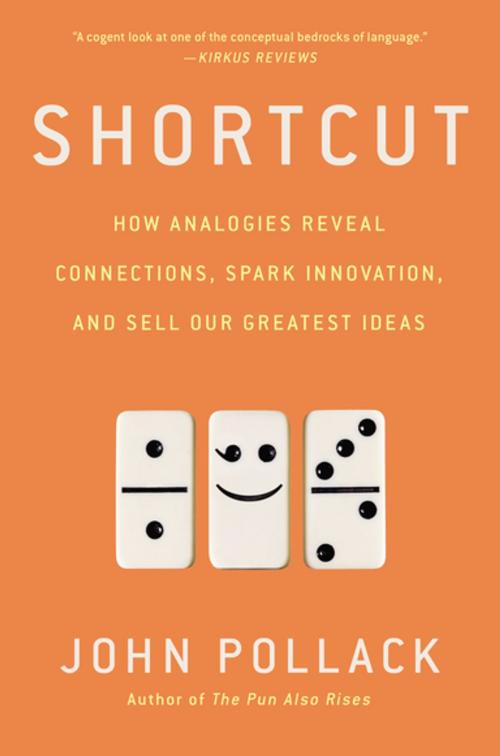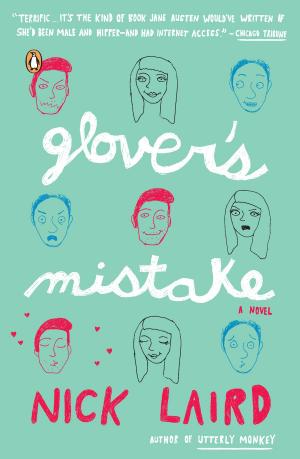Shortcut
How Analogies Reveal Connections, Spark Innovation, and Sell Our Greatest Ideas
Nonfiction, Reference & Language, Language Arts, Linguistics, Business & Finance, Business Reference, Business Communication| Author: | John Pollack | ISBN: | 9780698162099 |
| Publisher: | Penguin Publishing Group | Publication: | September 11, 2014 |
| Imprint: | Avery | Language: | English |
| Author: | John Pollack |
| ISBN: | 9780698162099 |
| Publisher: | Penguin Publishing Group |
| Publication: | September 11, 2014 |
| Imprint: | Avery |
| Language: | English |
A presidential speechwriter for Bill Clinton explores the hidden power of analogy to fuel thought, connect ideas, spark innovation, and shape outcomes
From the meatpacking plants that inspired Henry Ford’s first moving assembly line to the "domino theory" that led America into Vietnam to the "bicycle for the mind" that Steve Jobs envisioned as the Macintosh computer, analogies have played a dynamic role in shaping the world around us—and still do today.
Analogies are far more complex than their SAT stereotype and lie at the very core of human cognition and creativity. Once we become aware of this, we start seeing them everywhere—in ads, apps, political debates, legal arguments, logos, and euphemisms, to name just a few. At their very best, analogies inspire new ways of thinking, enable invention, and motivate people to action. Unfortunately, not every analogy that rings true is true. That’s why, at their worst, analogies can deceive, manipulate, or mislead us into disaster. The challenge? Spotting the difference before it’s too late.
Rich with engaging stories, surprising examples, and a practical method to evaluate the truth or effectiveness of any analogy, Shortcut will improve critical thinking, enhance creativity, and offer readers a fresh approach to resolving some of today’s most intractable challenges.
A presidential speechwriter for Bill Clinton explores the hidden power of analogy to fuel thought, connect ideas, spark innovation, and shape outcomes
From the meatpacking plants that inspired Henry Ford’s first moving assembly line to the "domino theory" that led America into Vietnam to the "bicycle for the mind" that Steve Jobs envisioned as the Macintosh computer, analogies have played a dynamic role in shaping the world around us—and still do today.
Analogies are far more complex than their SAT stereotype and lie at the very core of human cognition and creativity. Once we become aware of this, we start seeing them everywhere—in ads, apps, political debates, legal arguments, logos, and euphemisms, to name just a few. At their very best, analogies inspire new ways of thinking, enable invention, and motivate people to action. Unfortunately, not every analogy that rings true is true. That’s why, at their worst, analogies can deceive, manipulate, or mislead us into disaster. The challenge? Spotting the difference before it’s too late.
Rich with engaging stories, surprising examples, and a practical method to evaluate the truth or effectiveness of any analogy, Shortcut will improve critical thinking, enhance creativity, and offer readers a fresh approach to resolving some of today’s most intractable challenges.















